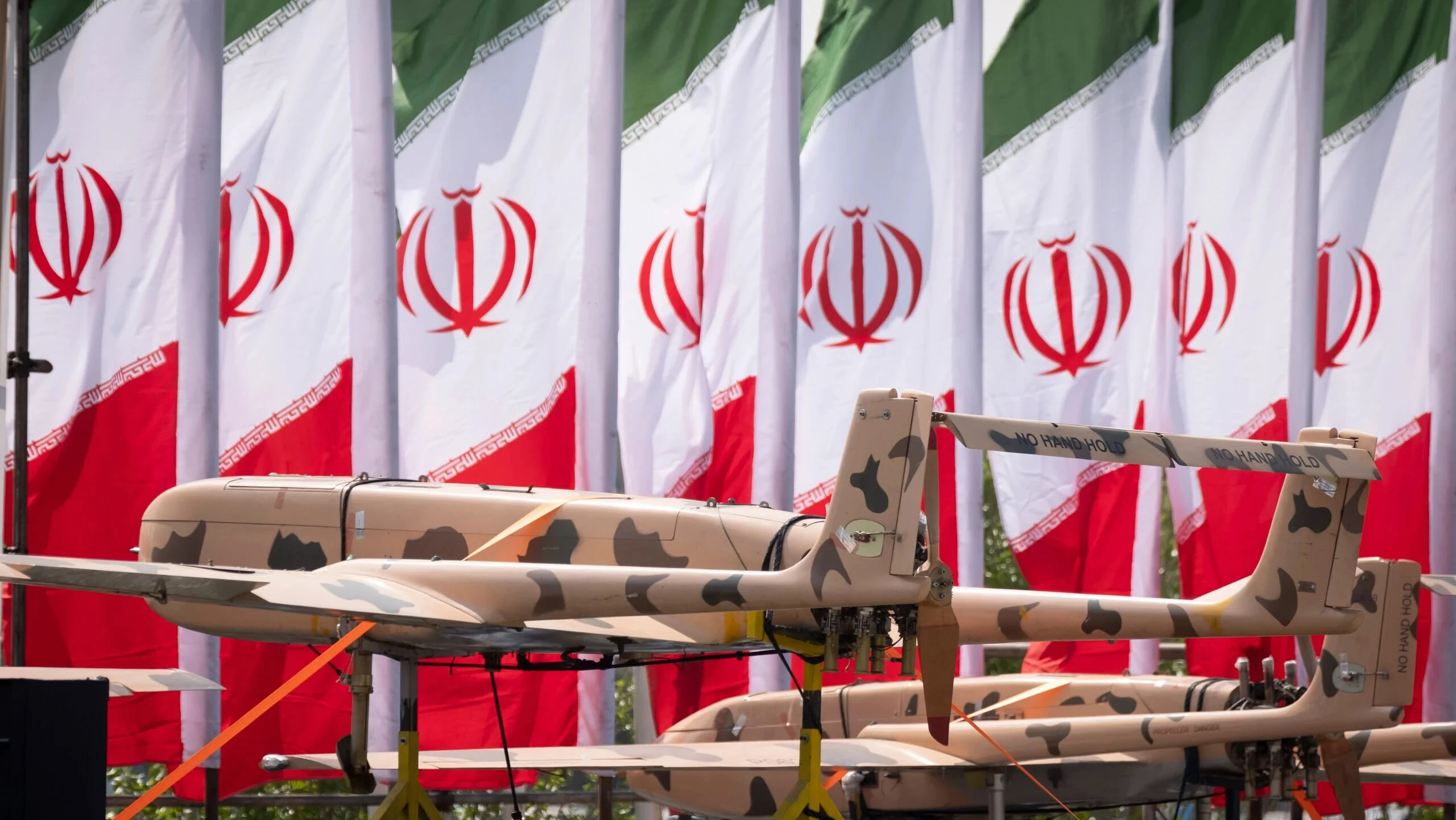
Israeli intelligence, Mossad, has reported that Iran is preparing to launch an attack on Israel, potentially involving strikes from Iraqi territory as tensions between the two nations continue to escalate. These warnings come in response to Israel’s airstrikes on October 26 that targeted Iranian military infrastructure in Tehran.
The American news outlet Axios cited two Israeli sources who claimed that Iran’s plans could involve the deployment of drones and ballistic missiles from Iraq. The choice of Iraqi territory as a launch point, according to these sources, might be an effort by Iran to sidestep direct retaliation against its own strategic assets. Israeli sources have said Tehran does not want to influence the US elections, and thus will likely strike after elections but prior to the inauguration.
An unnamed US official told Axios that while Iran is capable of activating its preparations swiftly, it remains unclear whether a final decision to execute the strike has been made. Meanwhile, CNN reported that a high-ranking Israeli military source indicated that Israel is on heightened alert, ready to respond to any potential Iranian aggression.
Israel’s October 26 assault, known as “Days of Repentance,” targeted a range of Iranian military facilities, including missile development centers, drone bases, and an S-300 air defense system. Israeli military spokesman Daniel Hagari described these strikes as “precision operations” intended to neutralize imminent threats to Israel. The Iranian army reported casualties, confirming that four personnel, including two officers, were killed in the attacks.
The commander-in-chief of the Iranian Revolutionary Guard Corps (IRGC), Maj. Gen. Hossein Salami warned of severe repercussions following the Israeli airstrikes. “You have made a mistake this time as well and you will receive an unimaginable response,” Salami was quoted as saying by the Iranian Tasnim news agency. Brig. Gen. Ali Fadavi, Deputy Commander of the IRGC reinforced this message, asserting that a response was “inevitable” and emphasizing Iran’s history of countering aggression.
Further amplifying the tension, Mohammad Mohammadi Golpayegani, head of the Iranian Supreme Leader’s office, stated on Al-Mayadeen TV that any retaliation would be “strong and will make Israel regret its attack.” These warnings were echoed by Iran’s Supreme Leader Ayatollah Ali Khamenei, who, during a recent meeting with students, emphasized the necessity of a “logical movement and confrontation” that aligns with “religious and moral principles.”
According to reports from The Wall Street Journal, Iran has briefed Arab diplomats about its plans for a “strong and complex” response that may include conventional military forces, a shift from previous actions typically led by the IRGC. This potential move follows Iranian losses during Israel’s strikes and signals a shift in military strategy that might involve more sophisticated and accurate missile warheads.
Amid these developments, Israeli PM Netanyahu has reiterated that Israel will not “tolerate threats to its security.” Former Israeli Defense Minister Avigdor Lieberman called for a preemptive strike against Iran, advocating for a comprehensive attack on Iran’s energy and nuclear facilities. “The Iranian threats are clear, and a crushing response must be directed at Iran immediately,” Lieberman told Maariv.
Meanwhile, Iranian President Masoud Pezeshkian suggested that the scale of Iran’s retaliation might be influenced by Israeli actions. “If the Israelis reconsider their behavior, accept a ceasefire, and stop killing the oppressed and innocent, this may have an impact on the intensity and type of our attack,” he stated during an Iranian government meeting.
The Biden administration has reportedly conveyed warnings to Tehran, indicating that Washington may not be able to restrain Israel from responding to an Iranian strike. The US remains vigilant, with officials acknowledging the high probability of an Iranian move in the coming days.








